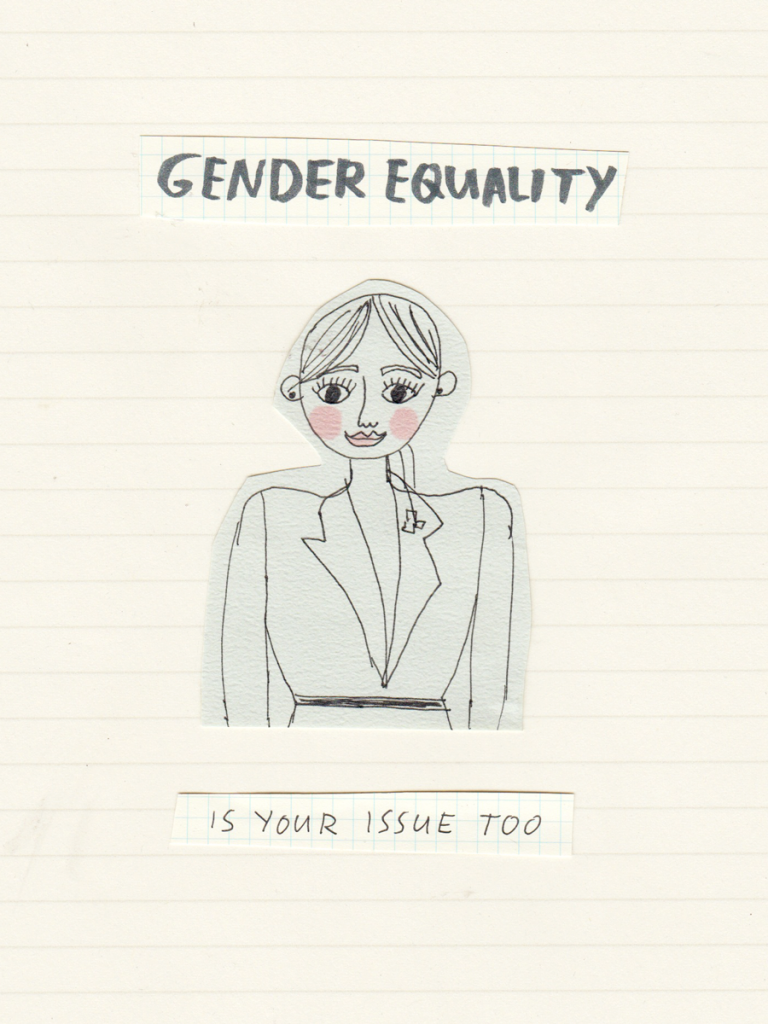Studying literature in high school, I was always fascinated with the idea of feminism. Particularly in how the female characters illuminate their personalities, regardless of the social expectation embroiled in their gender identity; while maintaining the grace of… simply being females (for the lack of my vocabulary, am I being sexist now?). The trait pattern much resembles two contradicting flows of yin-yang, but are actually complimentary as a whole.
Embedded with pride and bravery, Holden Caulfield’s sister – Phoebe in Catcher in the Rye matures in the very last moment of the novel when she tightly holds on her suitcase, ready for a getaway. “Can’t I go with you? Holden? Can’t I? Please?”, she says, holding everything she has, “all I have in it is two dresses …and some other things. Feel it. It isn’t heavy. Feel it once…” Phoebe is, probably just like any other teenager, confused with her identity so much that every time Holden sees her, she has got a new middle name. The opposite sets of values exist within the character: from the silliness of the adolescence years to the determination of a young lady in her moment (when everything she has isn’t heavy at all); exposes questions about identity in life narrative: Who is Phoebe after all?
The answer for the above question should be inspected through various existing social conditions of the 1950s (Felski 1989), but I would like to interpret this idea from a more contemporary perspective of Emma Watson – Actor & UN Women Global Goodwill Ambassador.
In her recent speech for the HeForShe campaign, she addresses gender equality as a problem for both men and women. That is, men are also trapped in the norm framework of what society expects in males/masculinity. “If we stop defining each other by what we are not and start defining ourselves by what we just are – we can all be freer…It’s about freedom.” She says, and then calls for a total co-operation from the other half of the world.
Emma Watson points out the fluidity of identity within oneself (more specifically, gender identity) should be way more transparent and mobile than traditional thought as defined strictly, male and female. This idea coordinates well with my observation about Phoebe and her tendency to be a feminist figure in literature. However, no country in the world has achieved gender equality (The Global Gender Gap Report 2013), which means no persons in the world possesses total freedom to define themselves as who they are on the gender spectrum (G. Bolich 2007).
The current social settings do not recognize such idealistic concept of equality in identity (both internally and externally). I am wondering when and where will the kairos of this prevail? Will it come inevitably as a social evolution? Or is a revolution with more activism in need? (more speeches from Ms. Watson. Yes!)


Henry,
Your last paragraph reminded me of the “What I Love About Being Queer” video that Dr. Sullivan’s Sociology 100 class went to see. Some of the video’s participants said that originally questioning their sexuality was so painful because they did not want to be different. Society trains our minds to believe that only certain kinds of people belong, so accepting one’s own homosexuality can be one of the most difficult things. I like your idea about the importance of both internal and external equality of identity, because they constantly shape each other. In my opinion, much more activism is in need to bring about societal equality because I don’t believe that a gradual social evolution can happen without a radical change in external social values.